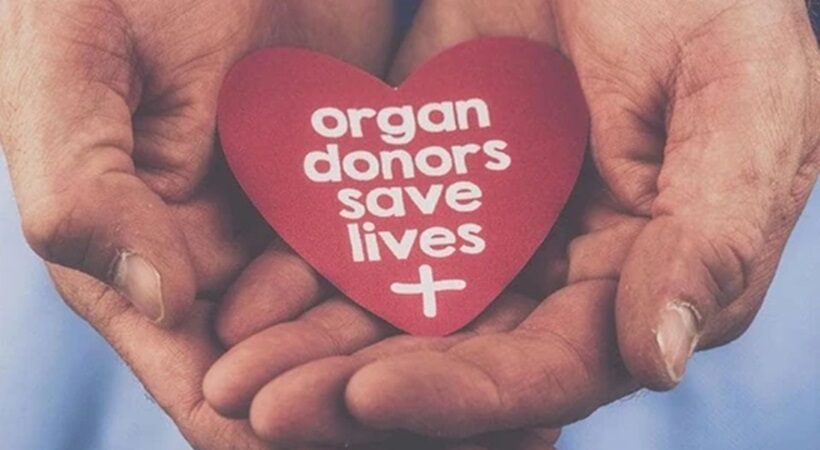Observed on August 13 each year, World Organ Donation Day is aimed to spread awareness about the significance of organ donation and address and debunk myths associated with donating organs. This day strives to encourage people to donate their healthy organs like the kidneys, tissues, bone marrow, heart, eyes, lungs, etc., to save up to 8 lives.
One can voluntarily donate his organ irrespective of age (at least 18 years), caste and religion. However, it is important to ensure that his organ does not suffer from chronic diseases such as HIV, cancer, or any heart or lung disease.
Organ failure was one of the significant comorbid issues that caused the death of a greater number of lives during the pandemic. Many people lose their lives because of the unavailability of organs. This indicates that donating organs has become a rare occurrence, especially across India. If looked at Kerala’s numbers, the state is doing poorly.
This week, about 1,810 people in the waitlist for kidneys alone in Kerala, statistics by the Kerala Network for Organ Sharing (KNOS) indicate. Not only in Kerala but also throughout India, a similar situation prevails. In India, the organ donation rate is 0.34% per million population. It is the lowest not only in the world but also among Asian countries. India is even far behind Western countries like Spain (35.1) in donating organs.
In a city like Bengaluru, with a population of roughly 14 million, on average, only 2-3 people donate organs every week. Health experts doubt that people generally mistrust and labelling organ donation as a ‘mafia’, leading to a dwindling of cadaveric donations.
For instance, in Kerala, wherein liver donation went down from 64 in 2016 to 18 in 2020, kidney donations recorded a fall from 113 to 41 in the same period, KNOS data points out.



















